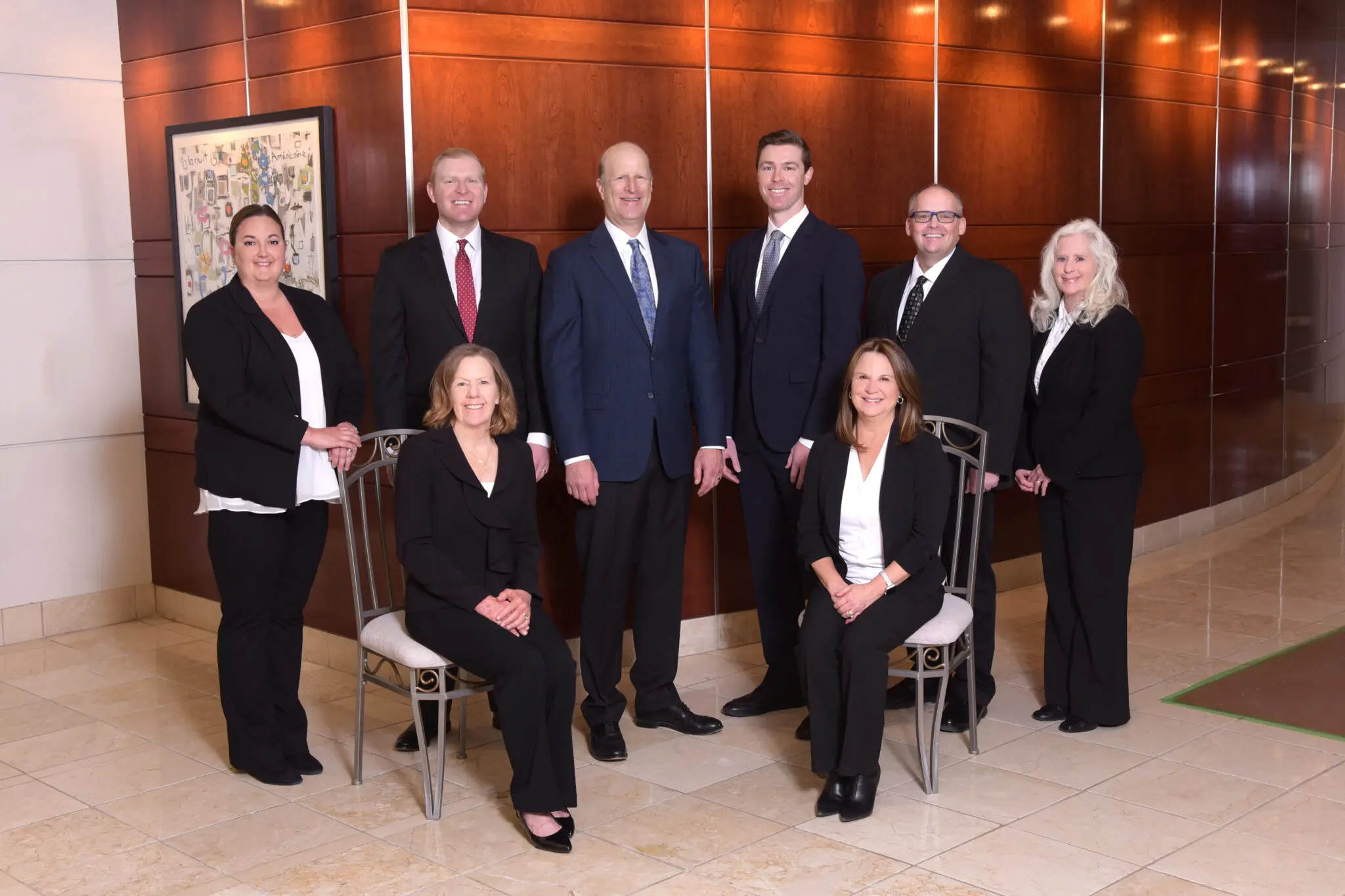Our fiduciary financial advisor helps us protect our assets, generate growth, and reduce taxes.
Schedule Complementary Assessment
Persons in the image are not actual clients. Past performance is not a guarantee of future returns.
FIDUCIARY WEALTH MANAGEMENT SERVICES IN DENVER
How can we help you?
As fiduciaries, we’re obligated to always act in your best interests. Our team of experienced wealth management professionals and financial advisors in Colorado knows how to help you get the most out of your investments.

ABOUT US
The Dechtman Team
Being a family-owned fiduciary team, we hold ourselves to a higher standard when it comes to managing our clients’ financial futures. We know that trusting an advisor with your financial stability and security is an incredibly important decision. That is why we took an oath to only ever operate in our clients’ best interests.
We never push you toward specific financial products or services because they benefit our business. Our objective is always to provide actionable, understandable, and sensible financial guidance. We’re here to support your goals, now and in the future.
Why Partner with Dechtman Wealth Management?
The Dechtman Difference
We believe you deserve a fiduciary financial advisor who goes beyond basic expectations. We carefully design a wealth management strategy that’s tailored to your goals.
Our client-focused approach to the many aspects of wealth management helps keep you informed and engaged. We’re committed to supporting you in meeting your financial goals.
What you get:
Customized financial strategy
Tax reduction solutions
Straightforward, fiduciary advice
We will never:
Recommend cookie-cutter solutions
Use industry jargon
Charge hidden fees
You have over $500K in investable assets
And you have questions…
How do I safely create tax-efficient income?
How can I reduce my taxes in retirement?
Are my investments suitable for retirement?
Our team of informed and experienced financial professionals can help you find the answers. We know how to dig into the details and align your goals with potential strategies. The result is a comprehensive and customized approach to wealth management that puts your financial well-being first.

SUCCESS STORIES
Retirement Planning Case Studies
Case Study #1
Crafting Your Retirement - John and Sarah's Story
John and Sarah, ages 61 and 58, are embarking on the exciting journey toward retirement. Having diligently saved for years to reach the $1.5 million mark in investable assets, they found themselves at a crossroads. They are seeking clarity on how best to navigate retirement’s financial landscape as they have many questions and uncertainties about securing their financial future.

Form Client Relationship Summary ("Form CRS") is a brief summary of the brokerage and advisor services we offer.
HTA Client Relationship Summary
HTS Client Relationship Summary
Securities offered through Hightower Securities, LLC, Member FINRA/SIPC, Hightower Advisors, LLC is a SEC registered investment adviser. brokercheck.finra.org







